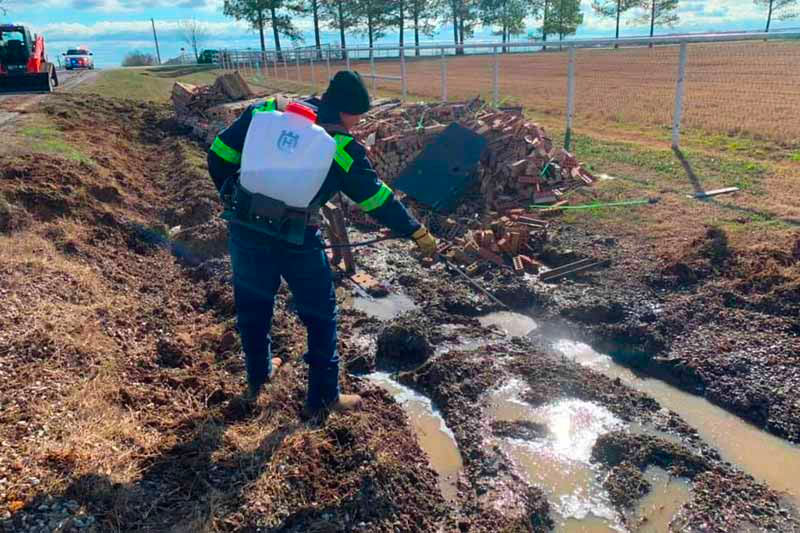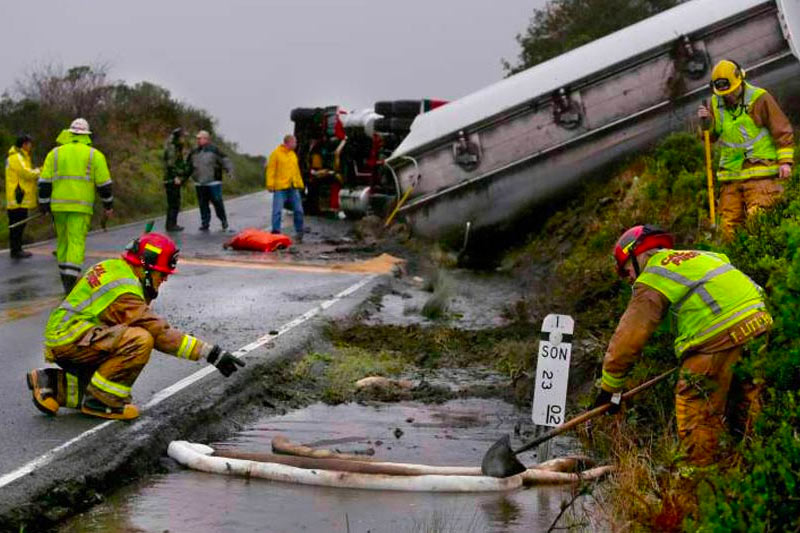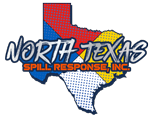Fuel Spill Containment
While gas, oil, and diesel spills can cause considerable damages to the environment, as a business owner, if you fail to adhere to your Spill Prevention Containment and Countermeasure plan (SPCC) you may also be hit with fines. Whether the spill happens on land or water, the impact on the local ecosystem can be horrendous. The impact on wildlife, humans, and loss of business for the local community is also a concern. So, besides being fined by governmental bodies, you may also be sued for loss of livelihood. This is why it’s so vital to not only have an SPCC plan but to revisit it and update it on a regular basis, usually once per quarter.
If you are in an industry that uses large quantities of petroleum-based substances, such as gas, oil, hydraulic fluids, or other petroleum-based lubricants, you are at a higher risk of having a hazardous material breach. But businesses who store or use small quantities of these materials should not feel secure. A small spill can more detrimental than you think.
Petroleum Product Spill Containment Services
The unfortunate thing about petroleum-based spills is that they always seem to happen at the worst possible time. You may be fulfilling a big order and need to have it shipped ASAP, and you get a call from the floor manager alerting you that you have problems. When this happens, you might scramble for your spill kit, and begin working feverishly to contain the spill. But, in the process, you may accidentally neglect to prioritize the safety of your employees, vendors, and customers. This is why it is vitally important that you have a plan and ensure that all of your employees know what that plan is and adhere to it. At North Texas Spill Response, we take fuel spill cleanup and your site remediation very seriously and have the equipment and expertise to handle any size spill. So, if you need help devising a spill containment and countermeasure plan, or you have one and need to know who to call should a spill occur, give us a call for a free on-site environmental services consultation. Doing so can save you thousands of dollars in the long run.
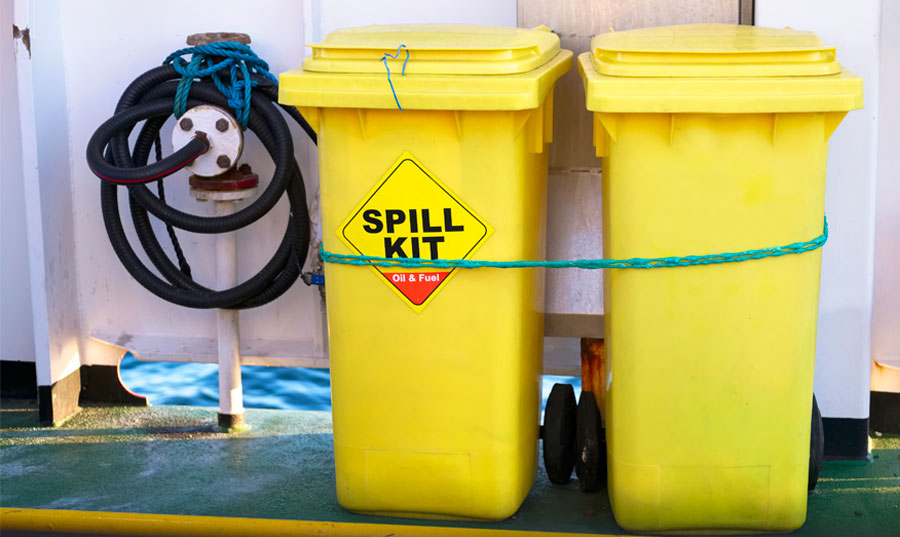
Emergency spill response is one of the most important things a business can have in place. It can save you time, money, and prevent harm to your employees and the environment. For the health and safety of all concerned, ensure you have the right personal protective equipment appropriate for the spill.
Spill Response And Containment
As with any hazardous material spill, assessing the risk of the situation should be your first priority. You know you’re doing this right when you’re not only looking for potential hazards to your employees and the environment, but you’re training your people to look for those risks as well. Did you know that almost 80% of spills are either fuel or oil spills? That being the case, you should focus your training on educating your people on how they should respond to these types of fuel spills. One of the most common complaints we hear from employers and employees alike is that they didn’t have the right or enough PPE Personal Protective Equipment. That’s why we suggest that you maintain an inventory that’s at least one and one-half times what you might expect to use during a hazardous material spill. Over time, your PPE inventory may become depleted due to small spills that were left unreported, thus you may run low because no one was paying attention. Below we discuss three ways to contain and remediate a petroleum-based spill.
Spill Containment Booms

In the emergency services industry, spill booms are floating barriers made of plastic or metal and are designed to prevent the spill from spreading and contaminating more water. Since oil and water don’t mix well, and oil is lighter than water, a spill boom allows for an emergency spill response team to skim the oil off the top of the water using vacuums and other cleaning equipment. Contact us for all your spill response needs.
Spill Control Berms
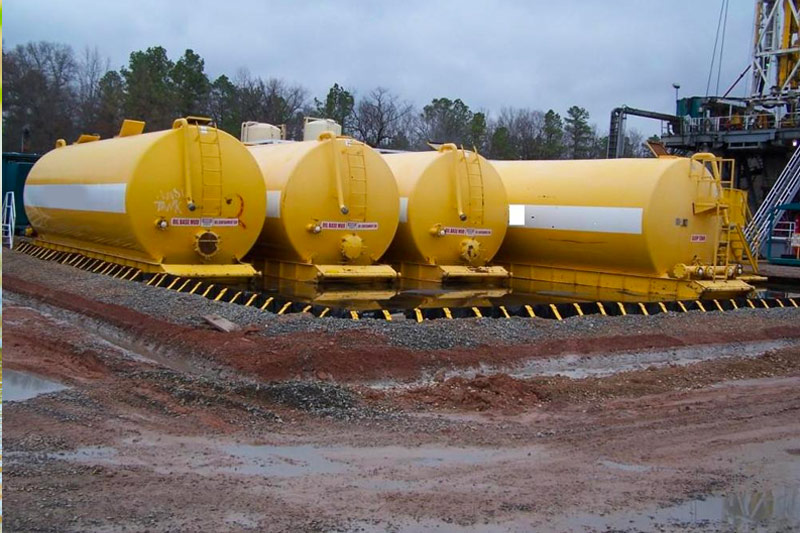
There are several ways to contain a gas or oil spill in McKinney, Texas. And one of the best ways is a spill control berm. Sometimes referred to as dikes, berms can be constructed out of concrete, earth, or even durable chemical-resistant commercial applications. So, whether you have a leak on one of your fuel tanks or you have a gas spill at a convenience store, North Texas Spill Response will provide the quickest way to contain your spill.
Hydrocarbon Cleanup
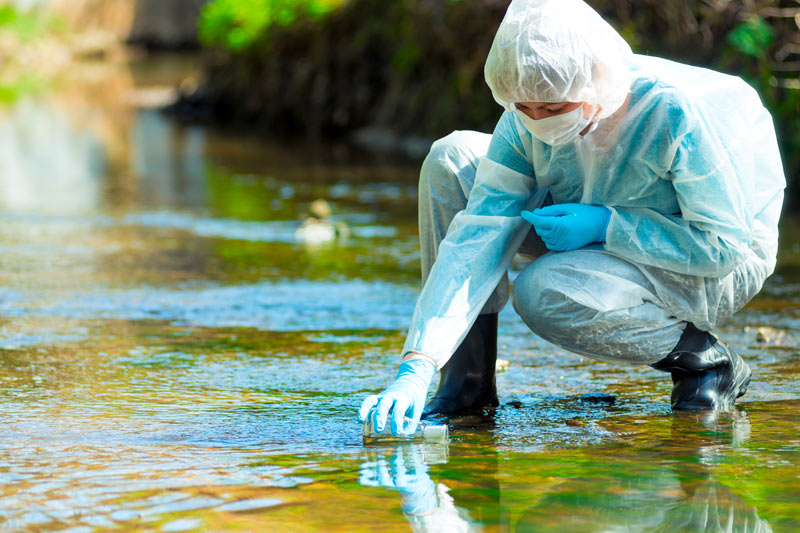
With the emergence of microbial remediation technology, the use of hydrocarbon cleanup services has skyrocketed. Regardless of if the spill is oil or gasoline, we use special agents specifically designed for the bioremediation of petroleum oil-contaminated environments. Rather than simply containing the spill, and using a vacuum to remove the contaminants, hydrocarbon cleanup simply consumes the oil-based material.
How Will You Respond To A Spill?
Spill Assessment and Remediation
If you’re like most people you probably believe that oil tanker disasters like the infamous Exxon Valdez are responsible for the majority of the oil released into the ocean. But the reality is ocean tanker oil spills are only responsible for about 8% of the oil released into the ocean every year. Oil leaks from cars and trucks are responsible for the majority of the oil that enters the environment.
These contaminants come from many sources. They come from small oil and fuel leaks on the pavement or a driveway that, with the assistance of rainwater, quietly make their way into our waterways. The environmental damages that occur as a result include long-term negative effects on our ecosystem. Harm to humans, fish, and other animals is another fallout of an oil spill.
To avoid becoming part of the problem and being viewed as the culprit in an oil spill, ensure that you have taken the appropriate steps to mitigate any damage to the environment. One of the smartest steps you can take is to contact North Texas Spill Response before you have an emergency spill. We will provide a free on-site assessment of your facilities and show you where improvements can be made. We can also contract with you to be your first responder should a spill occur. So, to ensure you’re compliant with all regulatory bodies, contact us for a free consultation.
